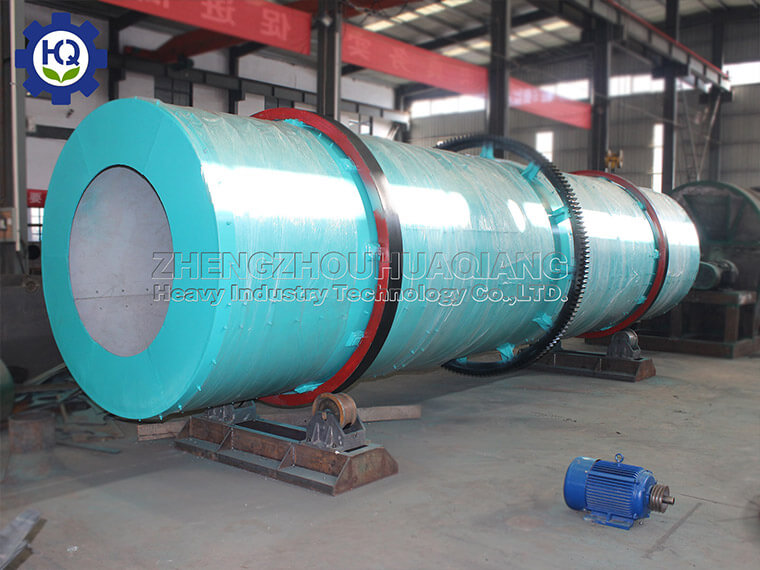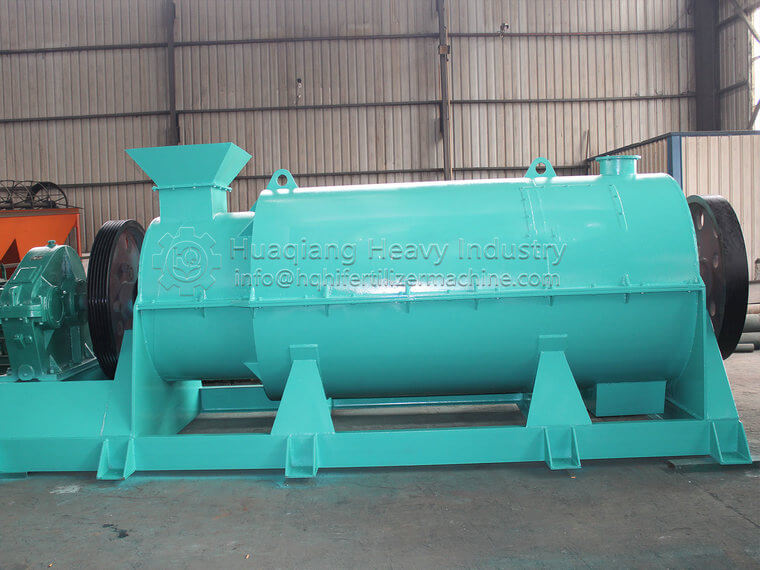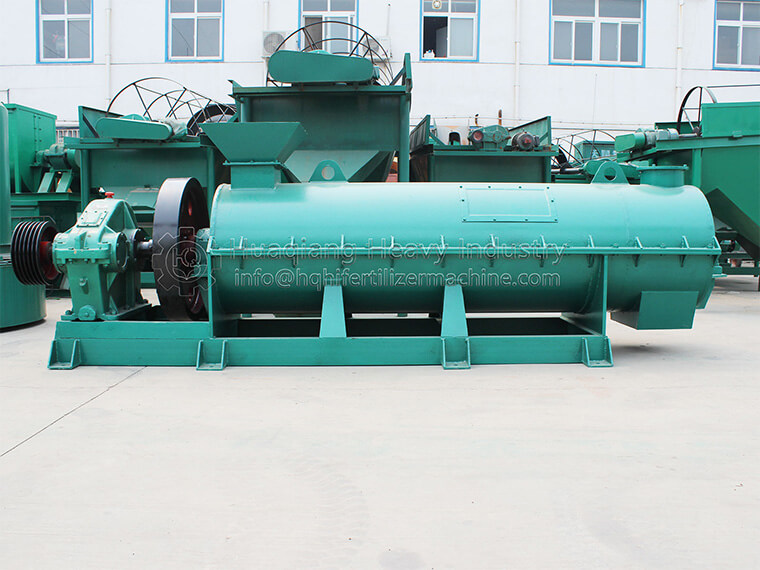The process and granulation equipment of NPK compound fertilizer production line
Compound fertilizer equipment is divided into NPK fertilizer manufacturing process, organic-inorganic compound fertilizer equipment, blending fertilizer equipment and so on. These compound fertilizer equipment are completely different production processes and will have their corresponding upgrading processes.

Organic inorganic compound fertilizer production line: this process is an extension of the organic fertilizer production process. In the early stage of production, after adding an appropriate amount of nitrogen, phosphorus, potassium or trace elements to the prepared materials, the NPK fertilizer manufacturing process and rotary drum granulator are used for granulation production. In this way, the organic fertilizer material contains not only nitrogen, phosphorus, potassium and other large elements, but also organic matter, It can fully meet the nutrient requirements of crops in different growth stages. Upgrading from a single organic fertilizer production line to a compound fertilizer equipment that can produce both organic fertilizer and organic-inorganic compound fertilizer, one machine is multi-purpose and investment is saved.
Mixed fertilizer production line: the mixed fertilizer production equipment mainly refers to the mixing of various fertilizer elements without chemical reaction. This process is relatively simple and is mostly used for the production of soil testing formula fertilizer. At present, the production of mixed fertilizer and compound fertilizer equipment can not only add all kinds of large element fertilizer, but also mix granular organic fertilizer (the moisture of organic fertilizer particles must be controlled below 7%). In this process, double drying equipment is generally used, so that the moisture of materials can be controlled.
.jpg)


.jpg)


.jpg)

